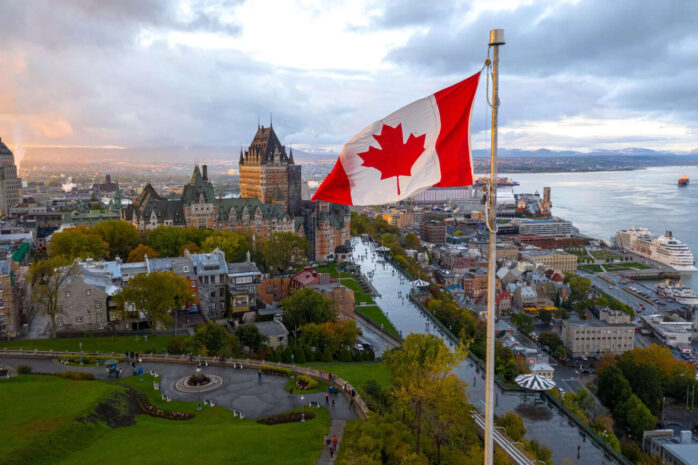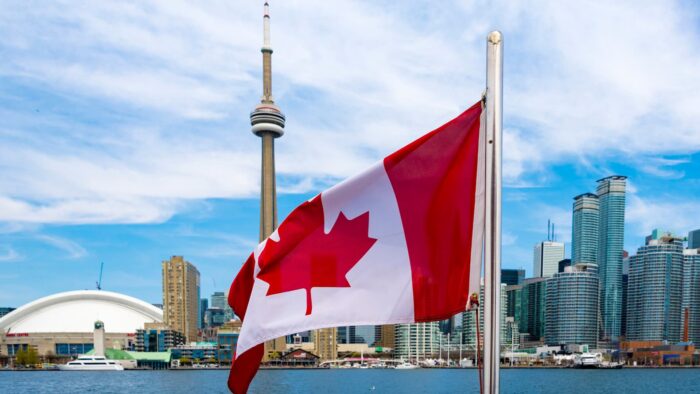
Canada has long been known for its welcoming approach towards refugees and asylum seekers. The country has a robust system to process refugee claims and ensure that those fleeing persecution and danger can find safety within its borders. However, navigating the complex refugee claim process can be challenging, and seeking legal counsel is often essential for a successful outcome.
In this comprehensive guide, we will explore the ins and outs of refugee claims in Canada, highlighting when and how to seek legal counsel to maximize your chances of a favourable resolution. Whether you’re an asylum seeker or someone assisting refugees, this information is vital for understanding the Canadian refugee system.
Understanding Refugee Claims in Canada

Before diving into the specifics of legal counsel, let’s first establish a foundational understanding of the refugee claim process in Canada.
What is a Refugee Claim?
A refugee claim is a request made by an individual who fears persecution or risks serious harm in their home country and seeks protection in Canada. To qualify as a refugee, an applicant must prove they meet the criteria outlined in the United Nations Convention Relating to the Status of Refugees, to which Canada is a signatory. These criteria include a well-founded fear of persecution based on race, religion, nationality, political opinion, or membership in a particular social group.
The Role of the Immigration and Refugee Board (IRB)
The Immigration and Refugee Board is the government agency responsible for hearing refugee claims in Canada. The IRB consists of several divisions, with the Refugee Protection Division (RPD) being the primary body responsible for assessing refugee claims.
Claim Types
There are two main types of refugee claims in Canada:
- Inland Refugee Claims: Individuals already in Canada, whether on a visa, work permit, or as visitors, can make inland refugee claims.
- Port of Entry Claims: Asylum seekers who arrive at a Canadian border or port of entry can also make refugee claims, and this process is often referred to as seeking asylum.
When to Seek Legal Counsel

Seeking legal counsel is crucial in the refugee claim process, as it significantly increases the chances of a successful outcome. Here are situations when it’s advisable to consult with a lawyer:
1. Right from the Start
Engaging a lawyer from the outset of your refugee claim can help you navigate the complex process effectively. They can guide you through the documentation you need and assist you in filling out the necessary forms correctly.
2. Complex Cases
If your case involves complex legal issues, such as difficult-to-prove grounds for persecution, it’s essential to have legal representation. Experienced lawyers can craft compelling legal arguments on your behalf.
3. Appealing Rejections
If the RPD rejects your initial claim, you can appeal the decision to the Refugee Appeal Division (RAD). Legal counsel can be instrumental in preparing a solid appeal.
4. Detention
In some cases, asylum seekers may be detained by immigration authorities. Legal counsel can help secure your release and represent you during detention reviews.
5. Removal Orders
If you receive a removal order from the Canadian government, consulting a lawyer immediately is crucial to explore options to stay in Canada.
How to Find a Reliable Refugee Lawyer
Finding a reliable refugee lawyer in Canada is crucial in ensuring that your case is handled professionally and effectively. Here are more detailed points on how to find the right lawyer:
1. Research Immigration Lawyers
Start your search by researching immigration lawyers who specialize in refugee claims. You can do this through various channels:
- Online Searches: Use search engines to find immigration lawyers in your area. Include keywords like “refugee claim lawyer” or “asylum lawyer” to narrow your search.
- Legal Directories: Online legal directories provide comprehensive lists of lawyers, their practice areas, and contact information. Websites like the Canadian Bar Association or local bar associations can be helpful.
2. Seek Recommendations
Gather recommendations from trusted sources:
- Community Organizations: Contact local refugee support organizations, community centers, or immigrant advocacy groups. They often have contacts with reputable lawyers who specialize in refugee claims.
- Personal Connections: If you know someone who has successfully gone through the refugee claim process, ask for their lawyer’s contact information and feedback on their experience.
3. Schedule Consultations

Once you have a list of potential lawyers, schedule consultations with them. these initial meetings are crucial for assessing their suitability for your case:
- Evaluate Expertise: Ask about the lawyer’s experience with refugee claims during the consultation. Inquire about their success rates and specific cases they have handled.
- Communication: Assess their communication skills. A good lawyer should be able to explain complex legal matters in a way you can understand.
- Compatibility: Determine if you feel comfortable working with the lawyer. Trust your instincts – you should have confidence in their abilities and think they genuinely care about your case.
4. Legal Aid and Pro Bono Services
If you have limited financial means, you may be eligible for legal aid or pro bono (free) legal services:
- Legal Aid: In Canada, legal aid programs exist in most provinces to assist individuals with limited income. They can cover some or all of your legal fees. Eligibility criteria vary by region, so check with your local legal aid office.
- Pro Bono Services: Some lawyers and law firms offer pro bono services to refugees and asylum seekers. Contact local legal clinics or organizations specializing in pro bono work to inquire about options.
5. Ask Questions

During the consultation, don’t hesitate to ask detailed questions to ensure you have a clear understanding of the lawyer’s approach to your case:
- Fees: Discuss the lawyer’s fees and payment structure. Make sure you understand what services are included in the prices and if there are any additional costs.
- Strategy: Ask about the lawyer’s plan for your case. What steps will they take to prepare and present your claim? How will they address potential challenges?
- Timeline: Inquire about the expected timeline for your case. While exact timelines can vary, a lawyer should be able to provide a rough estimate based on their experience.
- References: Request references from past clients or inquire if the lawyer can share success stories or case outcomes similar to yours.
6. Check Credentials
Before finalizing your decision, verify the lawyer’s credentials:
- Bar Association Membership: Ensure the lawyer is a relevant provincial or territorial bar association member. This demonstrates their qualifications and adherence to professional standards.
- Disciplinary Record: Check if the lawyer has any disciplinary actions or complaints against them. You can usually find this information on the bar association’s website.
By following these steps and conducting thorough research, you can increase your chances of finding a reliable refugee claim lawyer in Canada who will advocate for your rights and provide expert guidance throughout the refugee claim process. Remember that the proper legal counsel can make a significant difference in the outcome of your case.
Conclusion
Seeking refugee protection in Canada is a complex process with high stakes, making legal counsel invaluable. Whether you’re filing an inland claim, seeking asylum at a port of entry, or appealing a rejection, consulting with an experienced refugee claim lawyer can make all the difference in your case’s outcome. Remember to do your research, ask questions, and choose a lawyer who will advocate for your rights and help you navigate the intricate refugee claim process in Canada.
If you or someone you know is considering a refugee claim in Canada, don’t hesitate to seek legal advice. With proper support, you can find safety and build a new life in this welcoming nation.












